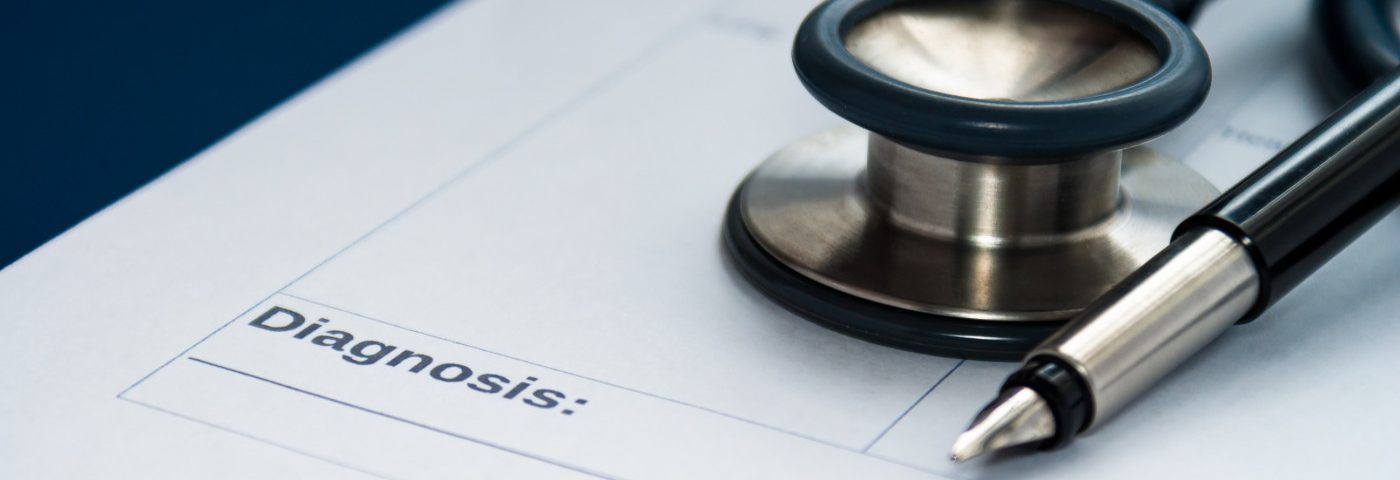Insurance status for people in the U.S. with non-metastatic small-cell lung cancer (SCLC) can determine both the type of treatment they are given and their likelihood of survival, a new study from The University of Texas MD Anderson Cancer Center reports.
The research, “Barriers to Combined-Modality Therapy for Limited-Stage Small-Cell Lung Cancer,” was published in the journal JAMA Oncology.
Chemotherapy plus thoracic radiation is standard initial treatment for non-metastatic SCLC. However, barriers such as insurance status — whether private or public — and socioeconomic factors — income, education, and occupation — can limit access to care and all that it means to patients, the study shows.
Researchers analyzed data from the National Cancer Database (NCDB), a nationwide outcomes registry of the American College of Surgeons, the American Cancer Society and the Commission on Cancer. A total of 70,247 patients (55.3% female) diagnosed with non-metastatic, or earlier-stage, SCLC from 2004 through 2013 were included.
The analysis focused on socioeconomic factors and survival rates to determine barriers to cancer treatment in the U.S.
Results showed that chemotherapy and radiation were the most frequent initial treatment (55.5 percent of cases), followed by chemotherapy alone (20.5 percent), and radiation alone (3.5 percent). Importantly, 20 percent of these patients were treated with neither chemotherapy nor radiation. The remaining 0.5 percent did not report treatment given.
Greatest median survival was seen in those who received both chemotherapy and radiation (18.2 months) — and the lowest, 3.7 months, in those given neither treatment. Patients who received either chemotherapy or radiation had median survival rates of 10.5 and 8.3 months, respectively.
Those patients most likely to be left untreated had no insurance, while those on government insurance, either Medicare or Medicaid, were likely to be given chemotherapy only, the study reported.
“Substantial proportions of patients documented in a major US cancer registry did not receive radiation therapy or chemotherapy as part of initial treatment for limited-stage SCLC, which, in turn, was associated with poor survival,” the researchers wrote. “Lack of radiation therapy delivery was uniquely associated with government insurance coverage, suggesting a need for targeted access improvement in this population.”
In addition to insurance status, socioeconomic factors strongly associated with overall survival rates, and treatment at a non-academic center was also tied to poorer outcomes.
“Receiving appropriate, evidence-based therapies for limited-stage SCLC is critical, and our findings underscore the need for patients to personally advocate for the standard-of-care treatment for their cancer,” Stephen G. Chun, MD, a professor of Radiation Oncology and the study’s senior author, said in a press release.
“There are targeted access programs that provide competitive reimbursement for the administration of chemotherapy, and our findings suggest that these programs have improved chemotherapy access,” Chun said. “However, the lack of financial assistance to receive radiation therapy could help explain why patients with Medicare and Medicaid are less likely to receive radiation.”
Of note, the NCDB limits patients’ data to the first course of treatment, so the researchers do not know if untreated patients were later given the standard-of-care treatment. An additional limitation is that the NCDB does not provide information on whether chemotherapy and radiation therapy were delivered simultaneously or sequentially.
Future studies are planned to address treatment given to specific populations of patients.


Please help me my sister was just diagnosed with sclc she is 39 yrs old, she has 6 kids including very small boys a 1 yr old and a 4 yr old, her husband is on unemployment due to covid 19 and has no insurance we just found out medicaid will not cover her or help her. Please tell us who can ..please please help my sister , reach out to me tell me who to call
Thank you